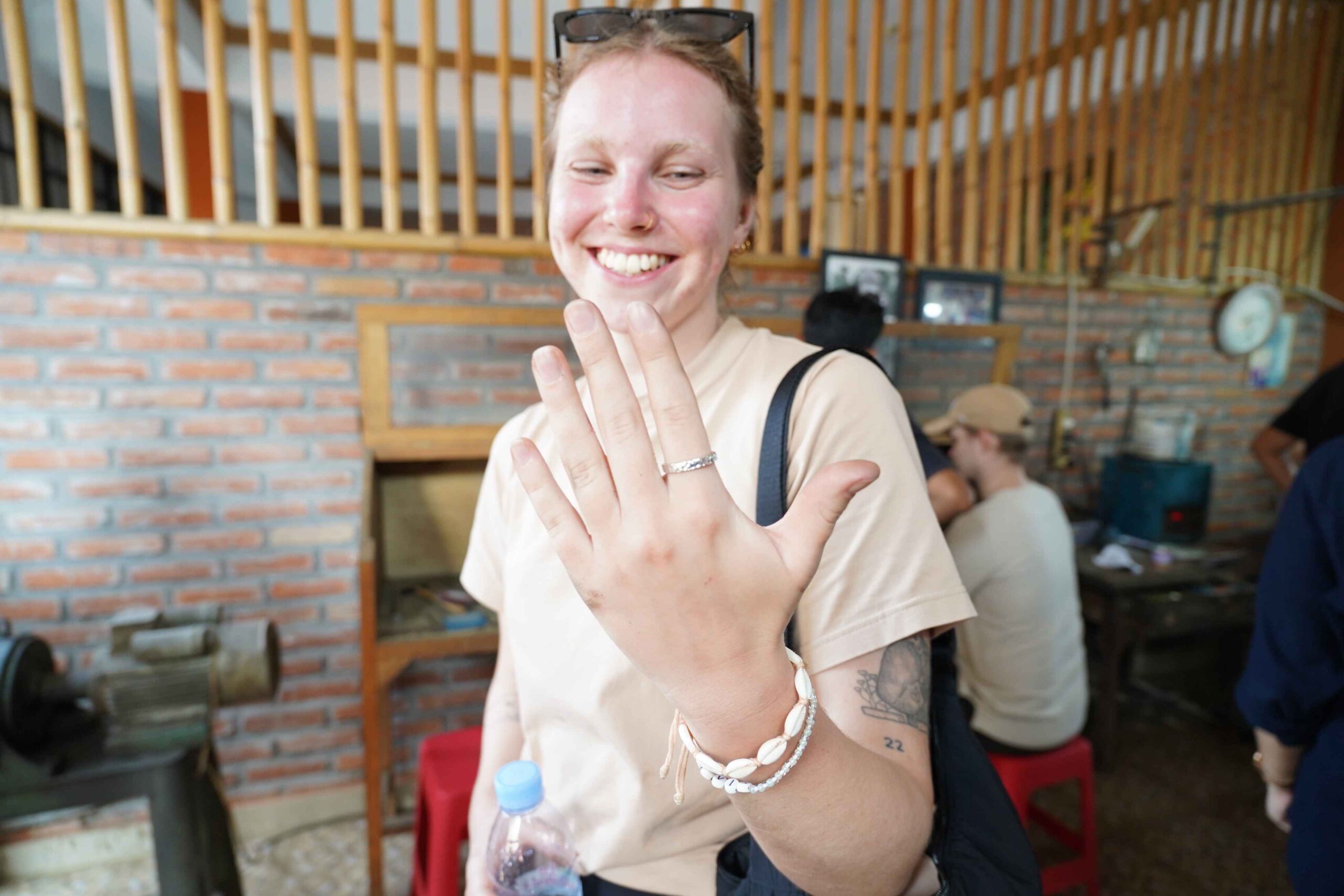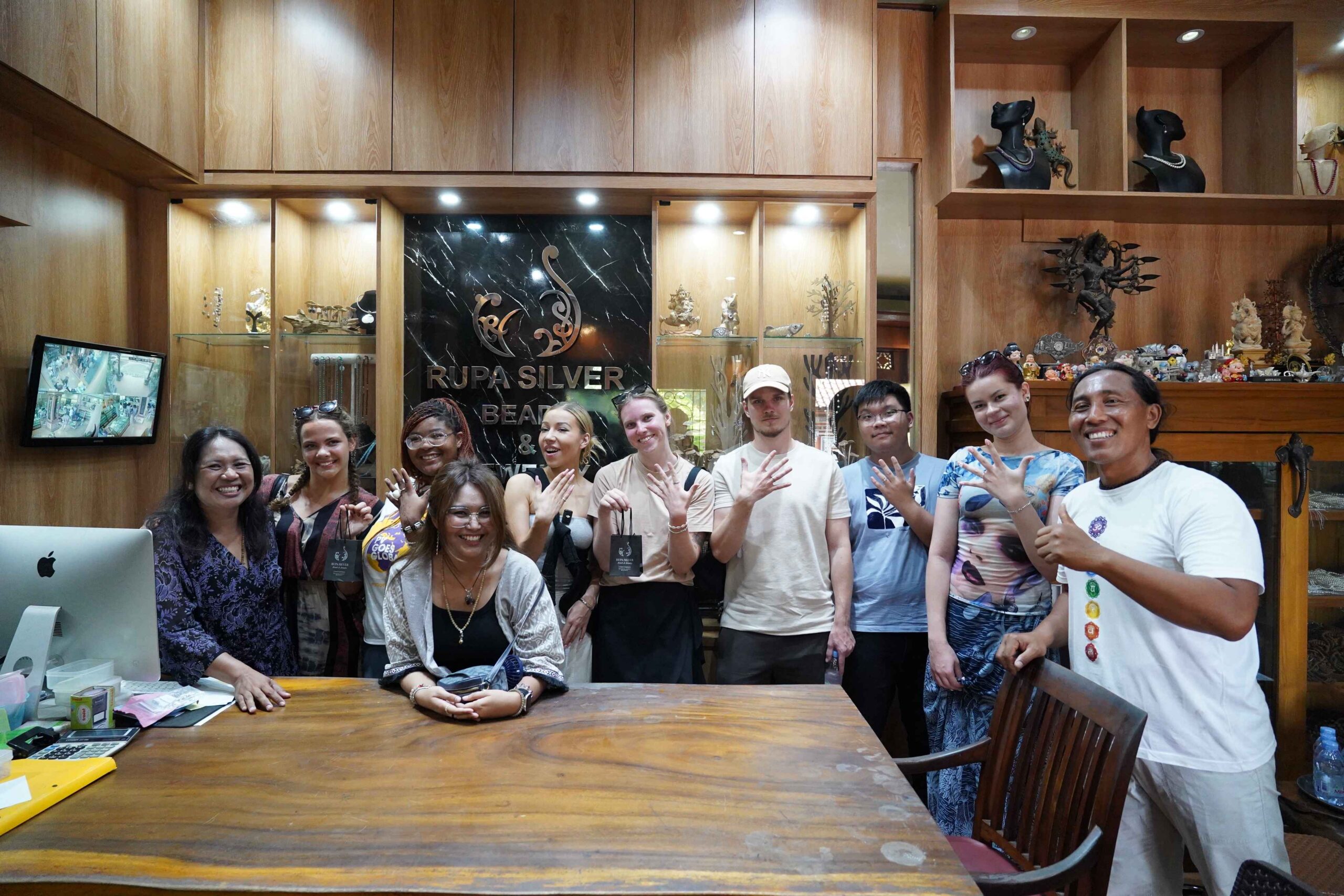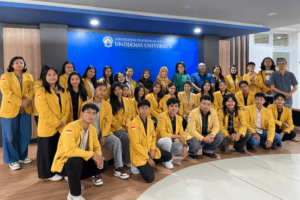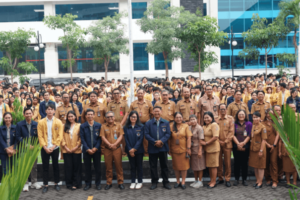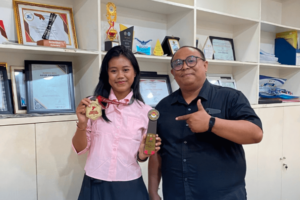
Bali Beyond Borders 2024: Uncovering Political Dynamics and Sustainable Business Practices in Bali
Denpasar, 11th November 2024 – The seventh day of the Bali Beyond Borders 2024 program began with a lesson on the Political Dynamics of Indonesia, presented by Ms. Mia Intentilia. In this session, students gained an in-depth understanding of Indonesia’s political system, including the history of presidential and vice-presidential leadership, the electoral system, and how national-level political dynamics can impact local communities. Ms. Mia explained the evolution of politics in Indonesia since independence, highlighting the important role played by various political institutions in decision-making that affects sectors such as the economy, society, and culture. Students had the opportunity to discuss current political issues in Indonesia and examine their influence on stability and development at both the regional and national levels.
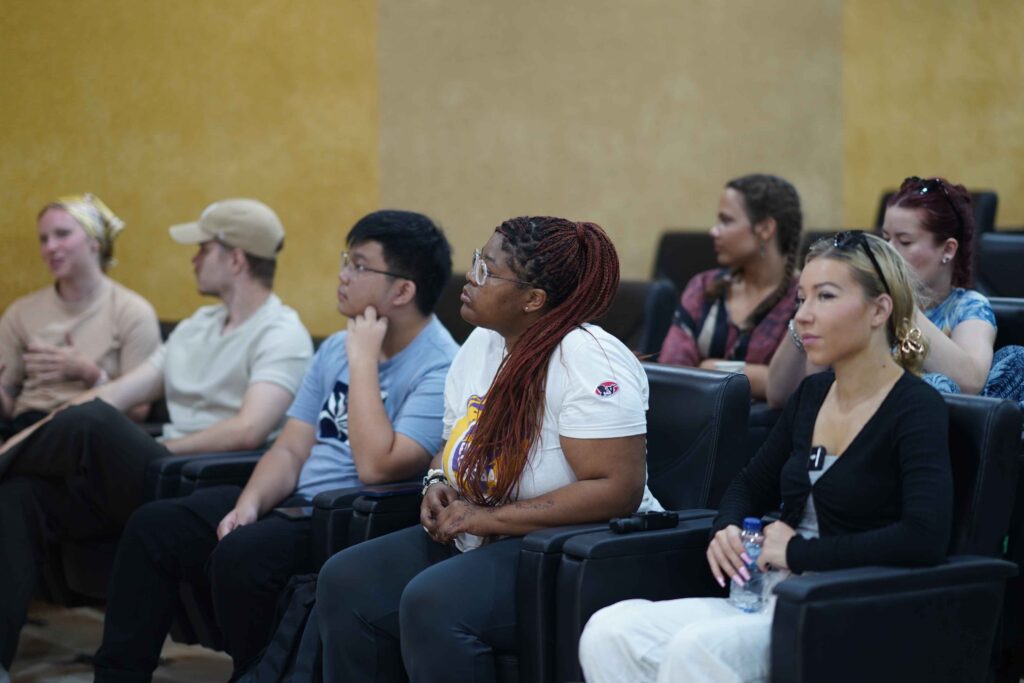
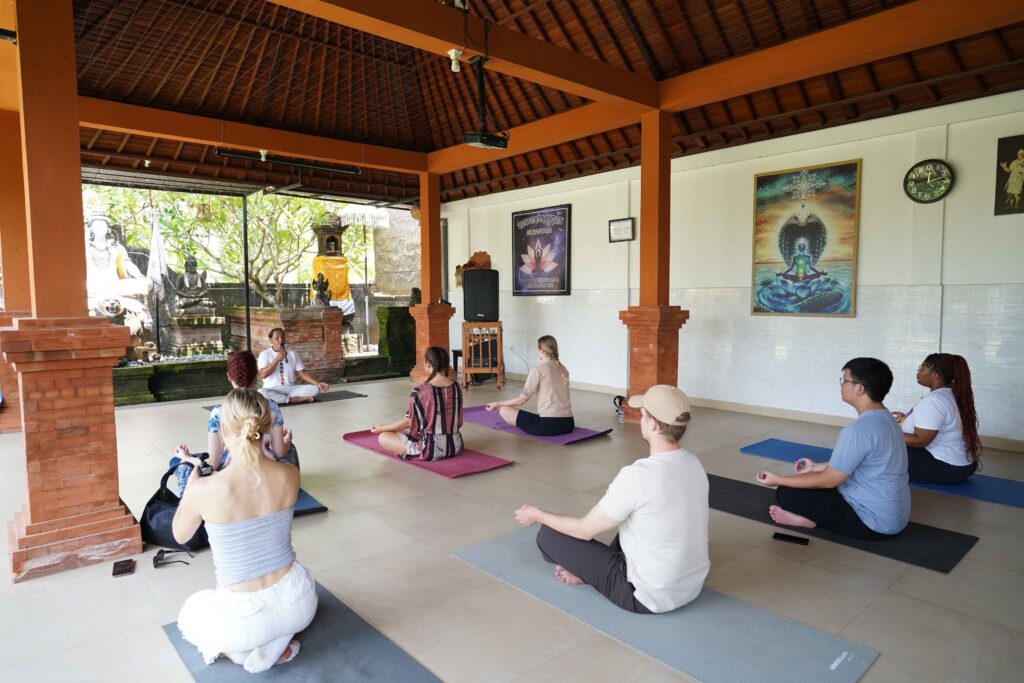
Following the learning session, the group proceeded with a company visit to Rupa Silver House, a silver jewelry workshop located in Bali. The visit began with a yoga session designed to help students relax and improve focus before engaging in more intensive activities. After yoga, students had the chance to get hands-on experience in the process of making silver rings. They learned each stage of the ring-making process, from selecting raw silver materials and measuring the ring, to shaping, burning, polishing, and coloring the ring to make it shiny and beautiful. Students were also introduced to the artistry and skill involved in jewelry making, as well as how this handcrafting skill, passed down through generations, provides a sustainable livelihood for the local Bali community.
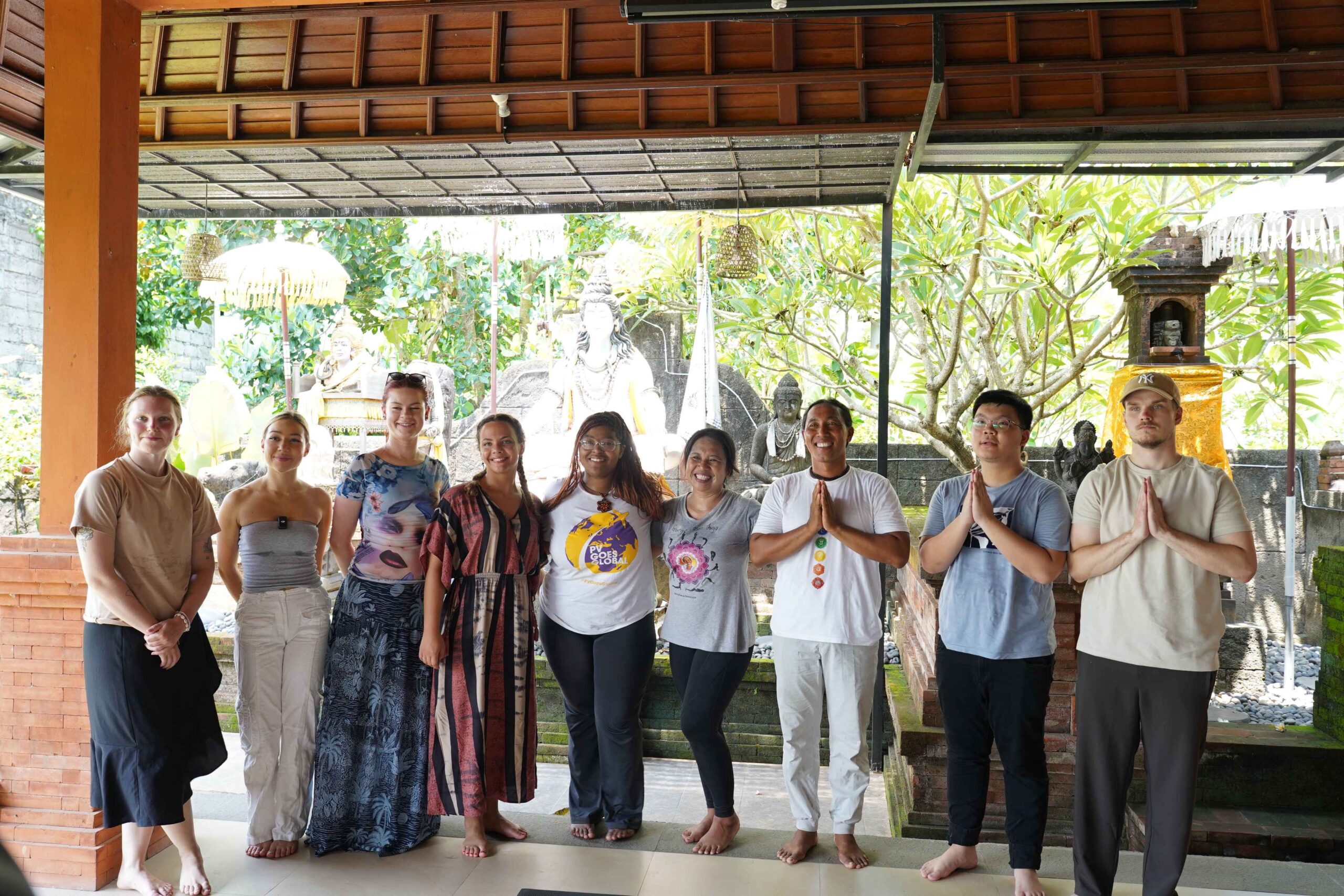
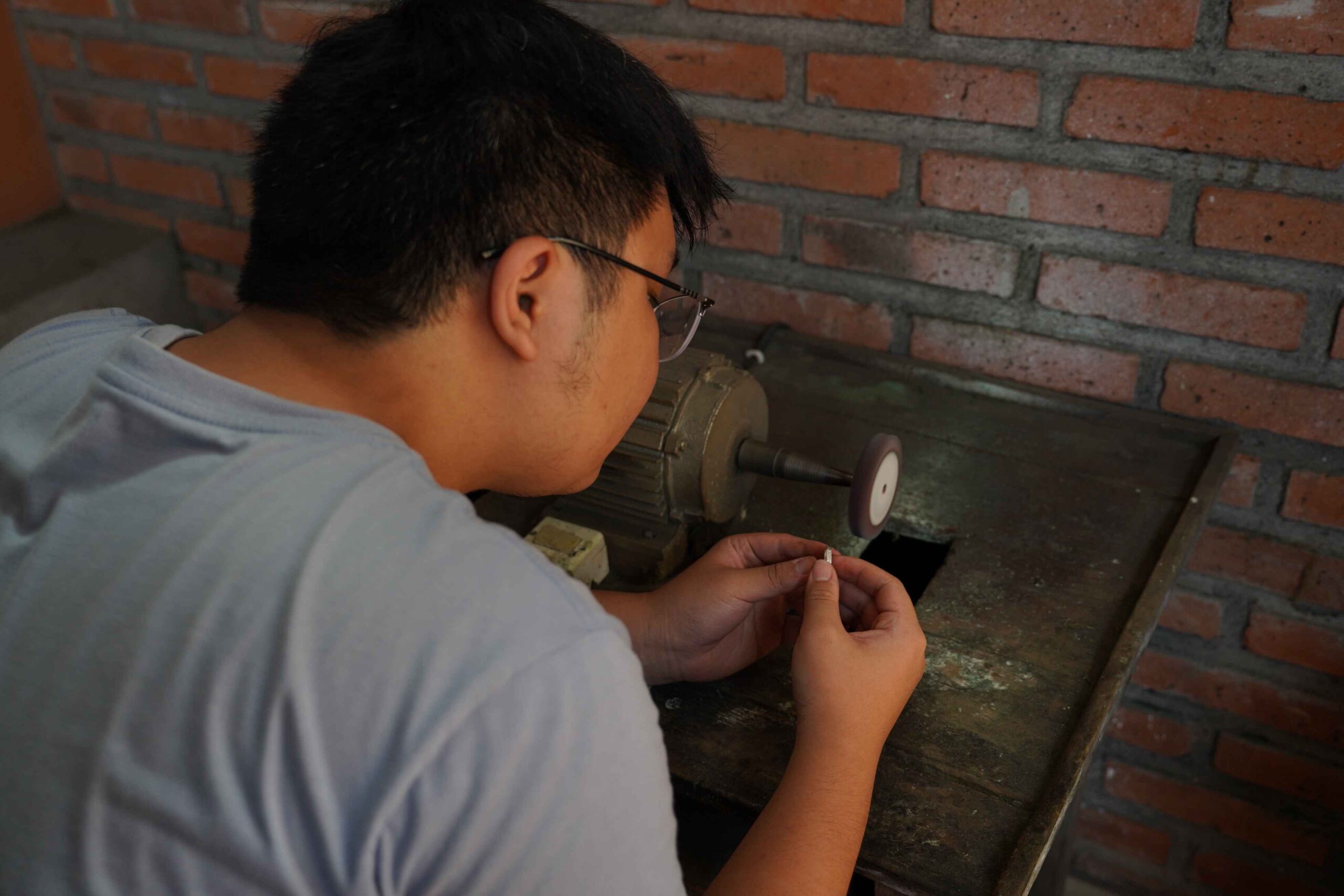
This program aligns closely with several Sustainable Development Goals (SDGs), particularly SDG 8 (Decent Work and Economic Growth) and SDG 12 (Responsible Consumption and Production). The visit to Rupa Silver House demonstrated how local craft-based businesses can offer sustainable job opportunities while promoting the production of high-quality, eco-friendly goods. The handmade process of ring creation, along with the use of local raw materials, reflects responsible business practices focused on sustainability. On the other hand, the lesson on Indonesia’s political dynamics also provided valuable insights into how government policies can support the development of local economic sectors and how politics plays a role in creating an environment conducive to the growth of creative economies and small industries. Thus, this program provided a valuable, hands-on experience that deepened students’ understanding of the intersection between politics, economics, and sustainability in Indonesia.
